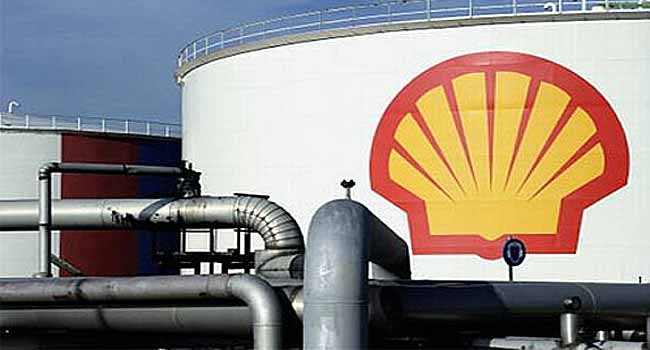Royal Dutch Shell on Thursday cut its dividend for the first time since the 1940s after a first-quarter loss — and warned virus-ravaged oil prices will take time to fully recover.
The Anglo-Dutch group sank into a $24-million ($29.5-million) net loss in the three months to March — when oil went into freefall on tumbling demand and a price war between producers Saudi Arabia and Russia.
That contrasted sharply with profit after tax of $6.0 billion in the same period a year earlier, the London-listed giant added in a statement.
Earnings on a current cost-of-supplies (CCS) basis — stripping out changes to the value of oil and gas inventories — sank 46 percent to $2.9 billion in the reporting period, Shell said.
The energy titan, which axed spending last month in response to the oil crash, said it had slashed its shareholder dividend by 65 percent to 16 cents per share, from 47 cents in the fourth quarter.
“As a result of COVID-19, there is significant uncertainty in the expected macroeconomic conditions with an expected negative impact on demand for oil, gas and related products,” Shell said.
READ ALSO: Hungary Eases Coronavirus Lockdown
“Furthermore, recent global developments and uncertainty in oil supply have caused further volatility in commodity markets.”
It warned that the pandemic would spark a difficult second quarter — with no price bounceback in prospect.
– ‘Naive’ to call rebound –
“It would be too naive at this point in time to say: we know what is happening, this is just another downturn, things will bounce back, and we will get to where we were before,” van Beurden told Bloomberg TV.
“I think that would be an inappropriate conclusion to draw at this point in time.”
He added that human behaviour had changed rapidly to halt the spread of the deadly pandemic — and indicated less oil-intensive travel could become the new normal.
“We do not know whether attitudes and practices of people will be permanently altered,” said van Beurden.
“And my expectation is that they will be altered for some time to come… whether people want to take different risks when they travel or when they go on holiday, or when they rediscover the convenience of working from home.”
Earlier this month, the market went into meltdown with New York light sweet crude briefly diving into negative territory as sellers had to pay to offload oil with storage capacity at breaking point.
Shell on Thursday said that its production fell one percent to 3.719 million barrels of oil equivalent per day in the first three months of the year.
The group in March said it would axe operating costs by $3.0-4.0 billion over 12 months, and reduce its annual spending by one-fifth to $20 billion.
Van Beurden meanwhile did not exclude the prospect of job cuts over time but cautioned that there would not be any this year.
Shell’s rival BP logged a far bigger net loss of $4.4 billion in the first quarter owing to its smaller size, and indicated it would shed some positions by the end of 2020.
AFP





